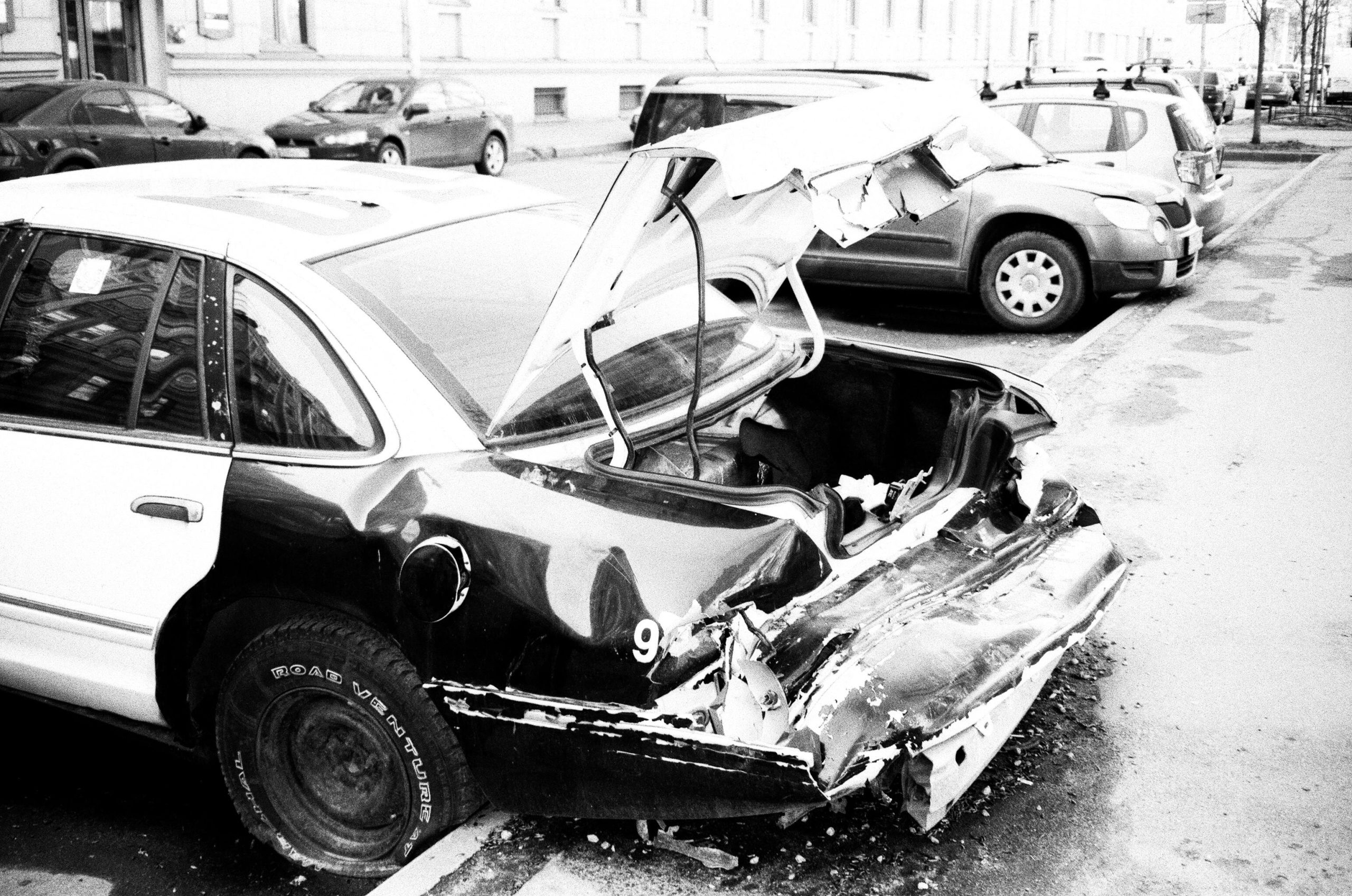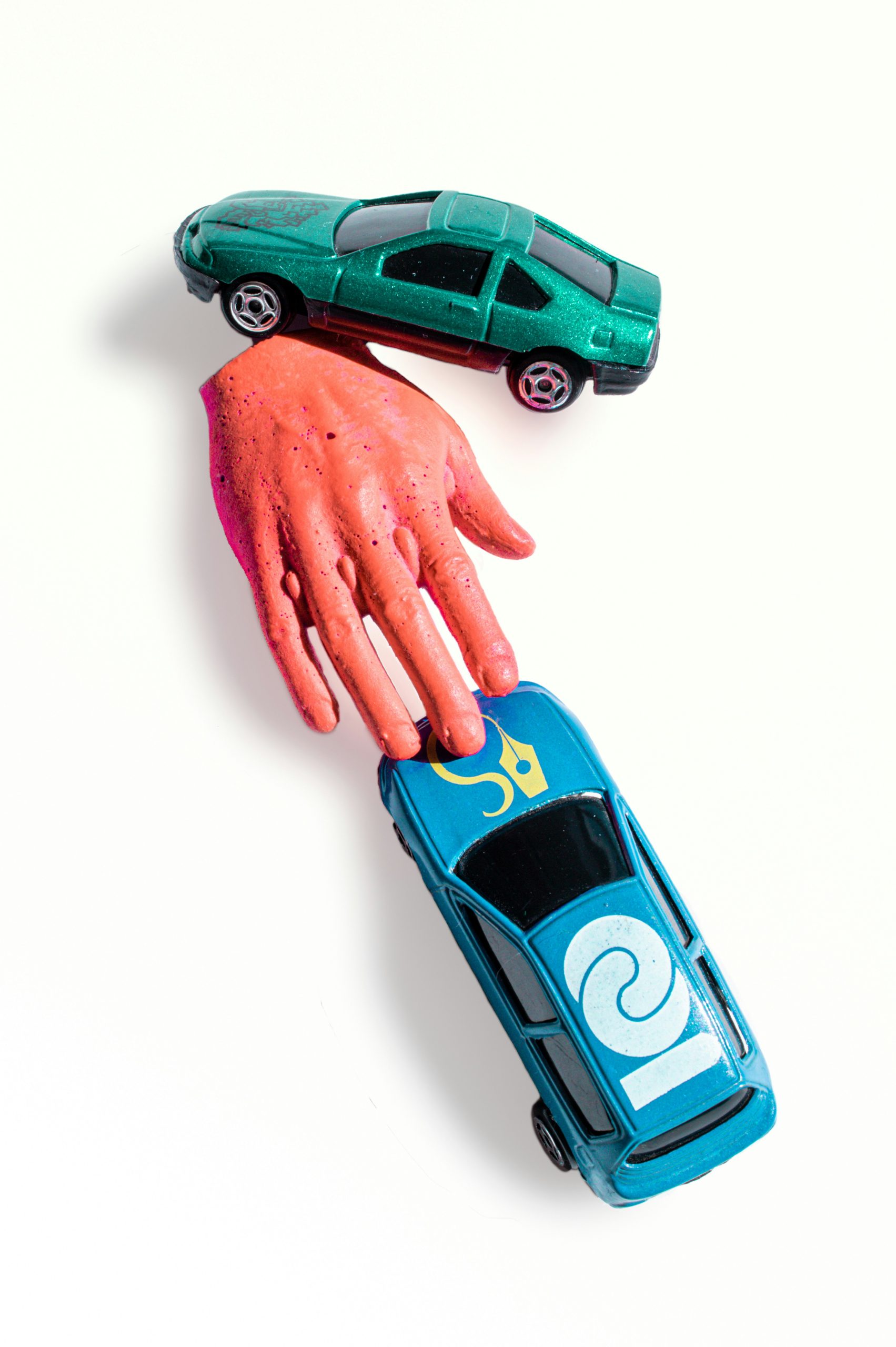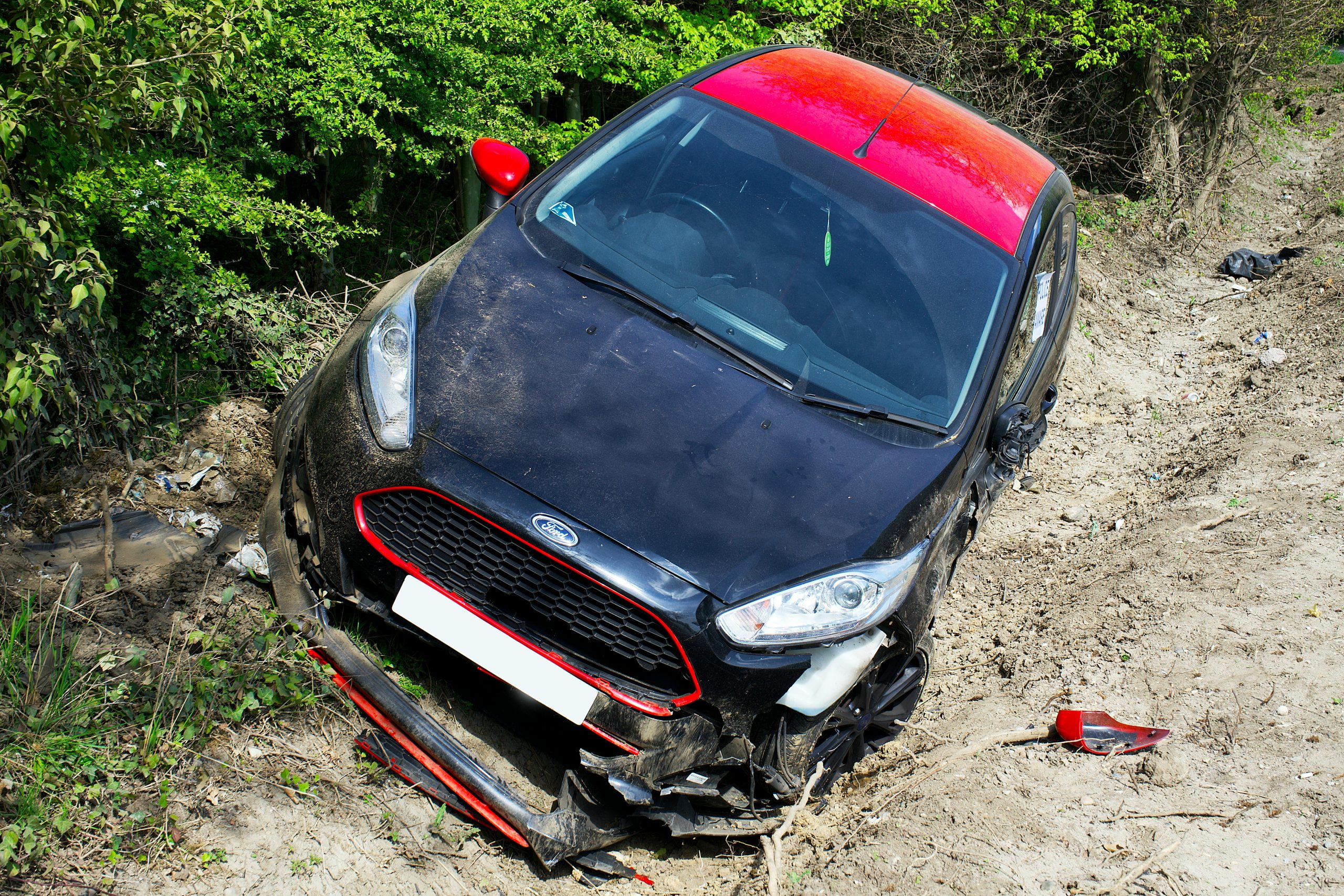 A recent ruling by the Louisiana Court of Appeal has highlighted the importance of awarding general damages in personal injury cases, even when the primary focus is on medical expenses. The case involved a car accident where the jury awarded the plaintiff past medical expenses but failed to award any general damages for pain and suffering.
A recent ruling by the Louisiana Court of Appeal has highlighted the importance of awarding general damages in personal injury cases, even when the primary focus is on medical expenses. The case involved a car accident where the jury awarded the plaintiff past medical expenses but failed to award any general damages for pain and suffering.
In 2013, Steven McDowell was involved in a car accident with Russell Diggs. McDowell sued Diggs and his insurer, seeking damages for physical and mental pain and suffering, loss of enjoyment of life, and medical expenses.
The jury found both drivers equally at fault (50% each) and awarded McDowell $8,000 for past medical expenses. However, they did not award any general damages. McDowell appealed, arguing that it was legal error to award special damages without also awarding general damages.
 Insurance Dispute Lawyer Blog
Insurance Dispute Lawyer Blog


 In personal injury law, car accidents at intersections are all too common. However, the case of
In personal injury law, car accidents at intersections are all too common. However, the case of  Patricia Spann’s life took a dramatic turn when she lost control of her Chevrolet Cobalt, resulting in a severe accident that left her with multiple fractures and a lengthy hospital stay. She believed the cause of the accident was a faulty power steering system, recently replaced by Gerry Lane Chevrolet as part of a recall. Spann sued Gerry Lane, alleging negligence in the repair and the hiring and training of their mechanics.
Patricia Spann’s life took a dramatic turn when she lost control of her Chevrolet Cobalt, resulting in a severe accident that left her with multiple fractures and a lengthy hospital stay. She believed the cause of the accident was a faulty power steering system, recently replaced by Gerry Lane Chevrolet as part of a recall. Spann sued Gerry Lane, alleging negligence in the repair and the hiring and training of their mechanics.